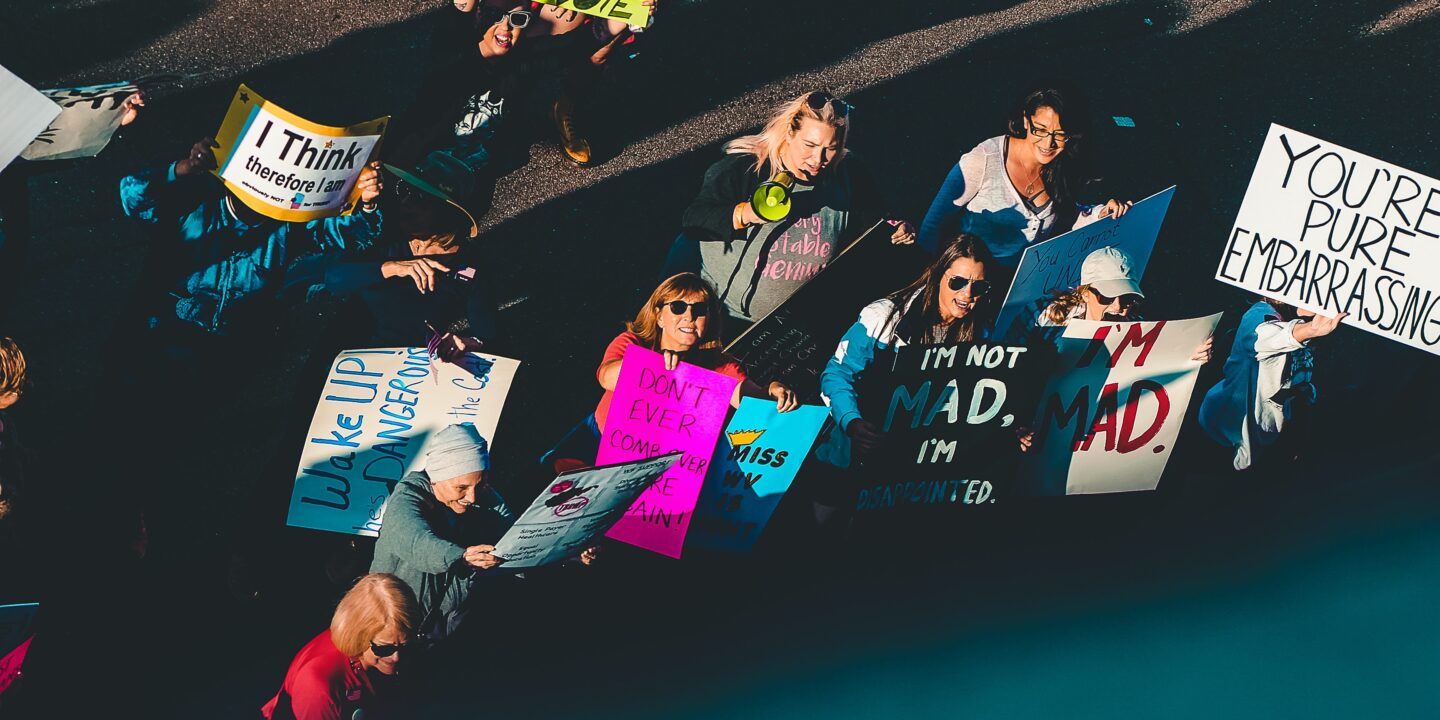
Political Polarization – Causes and Consequences
Political Polarization
Political polarization can have a range of consequences, including increased political gridlock, decreased cooperation and compromise, and a breakdown of democratic norms and institutions. It can also contribute to social and cultural divisions, as people increasingly associate with those who share their political beliefs and are less likely to engage with those who hold different views. Understanding and addressing political polarization is a complex challenge, and it requires a multi-faceted approach that includes efforts to increase understanding and empathy across different groups, foster more civil and respectful political discourse, and strengthen democratic institutions and processes.
Causes of Political Polarization
- Partisan media: The rise of partisan media outlets that cater to specific ideological beliefs has created echo chambers that reinforce and amplify people’s existing views, rather than exposing them to a range of perspectives.
- Social media: Social media platforms have also contributed to political polarization by enabling people to self-select into ideologically homogenous groups and by creating an environment in which extreme and emotionally charged views tend to receive more attention and engagement.
- Economic inequality: Rising economic inequality can contribute to political polarization by creating divisions between those who feel left behind by the economic system and those who are prospering, leading to resentment and a desire for radical change.
- Demographic changes: Demographic shifts, such as changes in racial, ethnic, or religious composition, can also contribute to polarization by creating a sense of threat or loss among some groups and a sense of empowerment or validation among others.
- Political elites: Political elites, including elected officials and interest groups, can also contribute to polarization by taking extreme positions or engaging in uncompromising tactics that create a sense of hostility and division.
- Geographic sorting: Geographic sorting, where people increasingly live in communities with others who share their political beliefs, can lead to a lack of exposure to different perspectives and reinforce political polarization.
These are just some of the factors that can contribute to political polarization, and the causes of polarization are likely to be complex and multifaceted.

Consequences of Political Polarization
- Gridlock and Dysfunction: Polarization can lead to political gridlock and an inability to pass legislation or address critical issues, as politicians are unwilling to work together and compromise. This can create frustration and disillusionment among citizens, and undermine the legitimacy of democratic institutions.
- Lack of Trust: Political polarization can erode public trust in democratic institutions and the media, as people become more suspicious of those who hold opposing views. This can make it difficult for society to reach a consensus on important issues and can create a general sense of cynicism and apathy.
- Increased Conflict: Polarization can lead to an escalation of conflict, as people become more entrenched in their beliefs and more likely to demonize those who disagree with them. This can create a toxic environment that is difficult to navigate and can result in increased social and political tensions.
- Reduced Social Cohesion: Political polarization can contribute to a breakdown of social cohesion, as people increasingly associate with those who share their political beliefs and are less likely to engage with those who hold different views. This can lead to social fragmentation and a lack of a shared sense of purpose and values.
- Threat to Democratic Stability: Political polarization can pose a threat to democratic stability, as extreme or inflexible positions can lead to a breakdown of democratic norms and institutions. This can create a breeding ground for authoritarianism or other forms of extremism, and undermine the foundations of democratic governance.
Overall, political polarization is a complex and multifaceted phenomenon that can have significant and far-reaching consequences for societies and democratic institutions. Addressing polarization requires a commitment to fostering greater understanding and empathy, promoting civil and respectful political discourse, and strengthening democratic institutions and processes.
How to End Political Polarization
- Encouraging Civil Discourse: Promoting civil and respectful political discourse can help reduce the hostility and demonization that often contribute to polarization. This involves fostering an environment where people feel safe to express their views and engage in productive conversations with those who hold different perspectives.
- Emphasizing Shared Values: Emphasizing shared values and goals can help reduce political polarization by creating a sense of common purpose and shared identity. This involves focusing on issues that are important to all groups and highlighting the ways in which different perspectives can contribute to positive outcomes.
- Promoting Media Literacy: Promoting media literacy can help reduce polarization by enabling people to critically evaluate the information they consume and exposing them to a range of perspectives. This can help counter the echo chamber effect of partisan media and promote a more nuanced and informed public discourse.
- Encouraging Cross-Partisan Interaction: Encouraging cross-partisan interaction, such as through community events or dialogue programs, can help reduce political polarization by creating opportunities for people to engage with those who hold different views. This can help break down stereotypes and reduce the tendency to demonize the other side.
- Supporting Strong Democratic Institutions: Supporting strong democratic institutions and processes can help reduce polarization by ensuring that all voices are heard and that decisions are made through fair and transparent procedures. This can help counter the perception that the political system is rigged in favour of one side or the other.
Admin at The Pakistan Gazette

